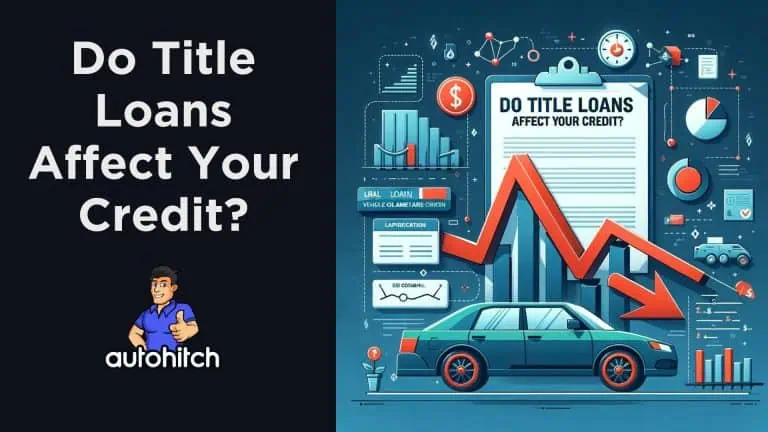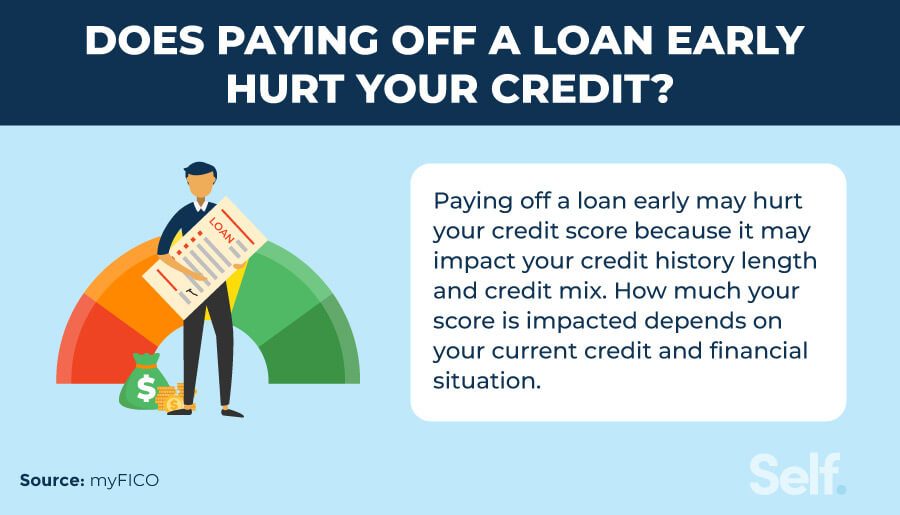Do Title Loans Affect Your Credit

Imagine a scenario: the car sputters its last breath on a busy Monday morning, right before a crucial job interview. Panic sets in as the repair bill looms large, threatening to derail everything. A quick online search leads to a seemingly simple solution: a title loan. Promises of fast cash with minimal hassle beckon, offering a temporary reprieve. But what are the long-term consequences of this seemingly straightforward financial fix?
This article delves into the often-murky world of title loans and their impact on your credit score. Understanding the mechanics of these loans, and how they interact with credit reporting agencies, is crucial for making informed financial decisions and avoiding potential pitfalls.
Understanding Title Loans: A Quick Overview
A title loan is a short-term, high-interest loan that uses your vehicle as collateral. In essence, you're borrowing money against the value of your car, truck, or motorcycle. The lender holds the title to your vehicle until the loan is repaid, allowing them to repossess and sell the vehicle if you default.
The allure of title loans lies in their accessibility. Credit checks are often minimal or nonexistent, making them appealing to individuals with poor or limited credit history. However, this ease of access comes at a steep price.
Interest rates on title loans are notoriously high, often exceeding 300% APR. This means that a $1,000 loan could quickly balloon into a debt far exceeding the vehicle's actual value.
Do Title Loans Affect Your Credit Score? The Nuances
The answer to whether title loans affect your credit score isn't a simple yes or no. It's more nuanced and depends largely on how the lender handles reporting to credit bureaus.
Generally, responsible title loan lenders do not report the loan origination to the major credit bureaus (Equifax, Experian, and TransUnion). This means that simply taking out a title loan won't directly impact your credit score, whether positively or negatively.
However, the danger lies in what happens if you fail to repay the loan. Delinquencies and defaults are a different story altogether.
The Downward Spiral: Defaulting on a Title Loan
If you fall behind on your title loan payments, the lender may begin reporting your delinquency to the credit bureaus. This is where the negative impact on your credit score begins.
Late payments, even just one or two, can significantly lower your credit score. The severity of the impact depends on factors such as the amount owed and the length of the delinquency.
Furthermore, if you default on the loan, the lender has the right to repossess your vehicle. Repossession is a severely negative mark on your credit report, signaling to other lenders that you are a high-risk borrower.
The Role of Collection Agencies
In many cases, when a borrower defaults, the title loan company sells the debt to a collection agency. Collection agencies are far more likely to report to the credit bureaus.
The appearance of a collection account on your credit report can drastically lower your credit score. It also remains on your report for up to seven years, making it difficult to obtain credit in the future.
Even if the original title loan company didn't report to the credit bureaus, the collection agency almost certainly will, effectively undoing any perceived anonymity.
Protecting Your Credit: Alternatives and Precautions
Given the potential risks associated with title loans, it's crucial to explore alternative options whenever possible. There are resources and strategies that can help you avoid the title loan trap.
Consider exploring options like personal loans from banks or credit unions. These typically have lower interest rates and more flexible repayment terms.
Credit counseling agencies can also provide valuable assistance in managing debt and developing a budget. They can help you explore debt management plans or negotiate with creditors.
Before Taking Out a Title Loan: Questions to Ask
If you find yourself in a situation where a title loan seems like the only option, ask yourself these important questions first.
Can I realistically afford to repay the loan on time, including the high interest charges and fees? What is the true APR (Annual Percentage Rate) of the loan, including all fees and charges?
What are the consequences of defaulting on the loan, including repossession and potential damage to my credit score? Does the lender report to the credit bureaus, and under what circumstances?
Data and Insights: Looking at the Numbers
While specific data on the exact impact of title loans on credit scores can be difficult to obtain, due to inconsistent reporting practices, general financial statistics paint a clear picture. The Consumer Financial Protection Bureau (CFPB) has issued warnings regarding the predatory nature of title loans and the high risk of default.
Reports from organizations like the Pew Charitable Trusts highlight the fact that borrowers often end up paying far more in fees and interest than the original loan amount. This creates a cycle of debt that can be difficult to escape.
These statistics underscore the importance of caution and careful consideration before entering into a title loan agreement. The short-term relief may come at a significant long-term cost.
Conclusion: Proceed with Caution
Title loans can seem like a quick fix for financial emergencies, but their potential impact on your credit score and overall financial well-being should not be underestimated. While not all title loan lenders report to credit bureaus, the risk of default and subsequent reporting by collection agencies looms large.
Exploring alternative options, seeking financial advice, and carefully considering the terms and conditions of a title loan are essential steps to protect your credit and avoid the potential for long-term financial hardship. A moment of financial desperation shouldn’t turn into years of credit repair.
Ultimately, responsible borrowing and proactive financial planning are the keys to maintaining a healthy credit score and achieving long-term financial stability. Knowledge is power, and understanding the complexities of title loans is your first line of defense.







.jpg)








![Do Title Loans Affect Your Credit Short-Term Loans and Credit Ratings [What You Need to Know]](https://powerfinancetexas.com/wp-content/uploads/2019/12/PowerFinan_Avoid-a-Lower-Credit-Score-_inf-1-1.jpg)

